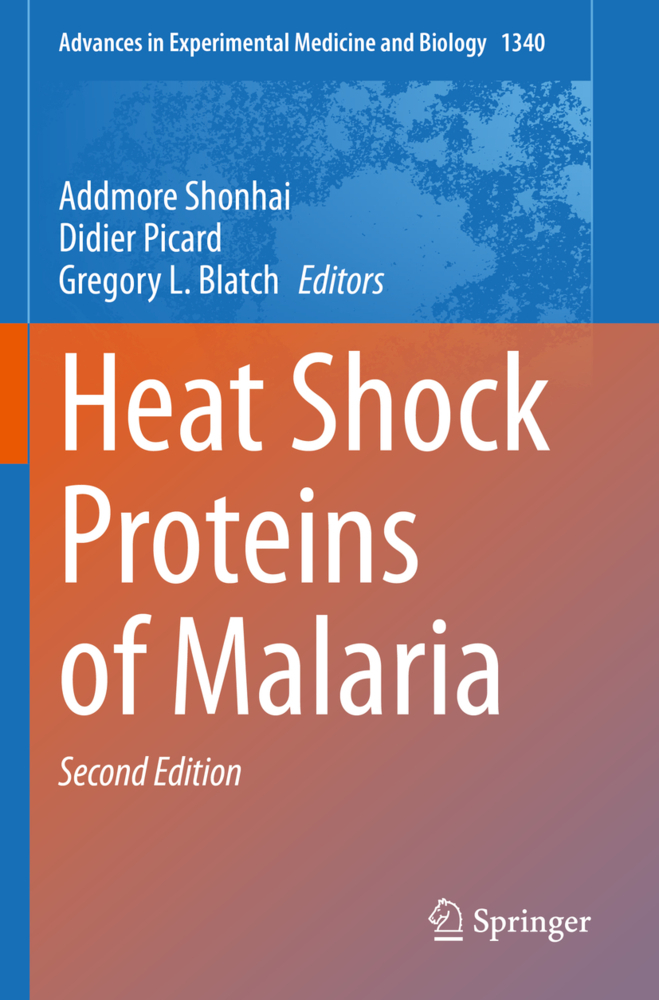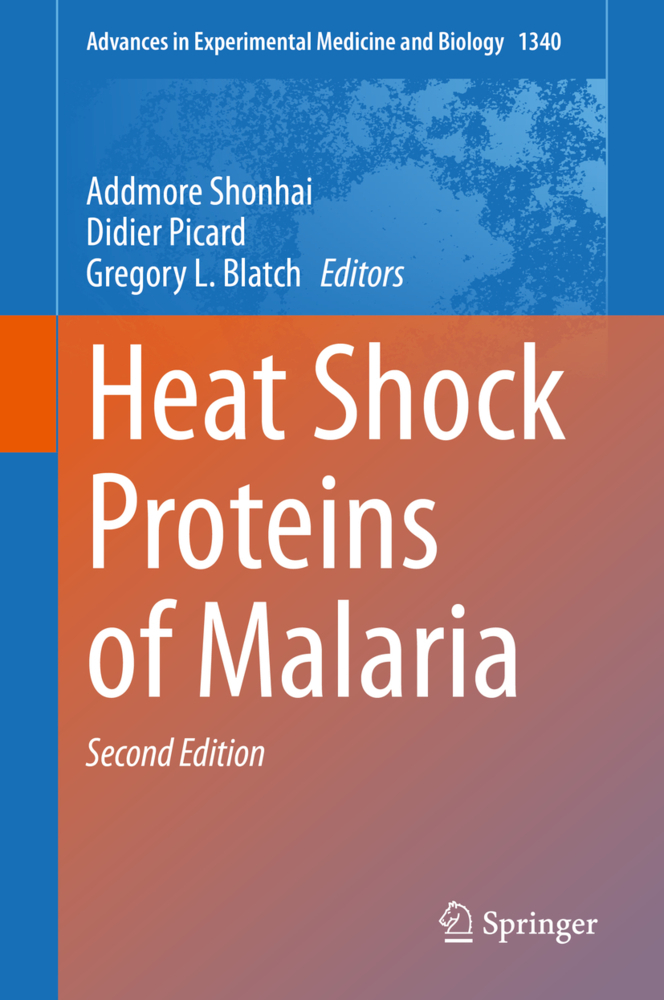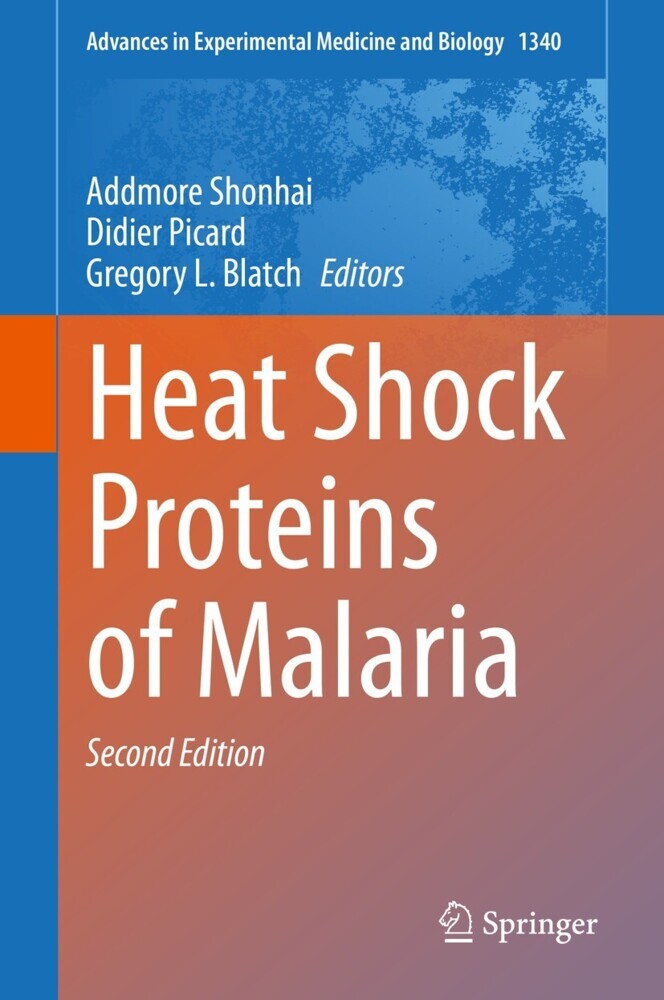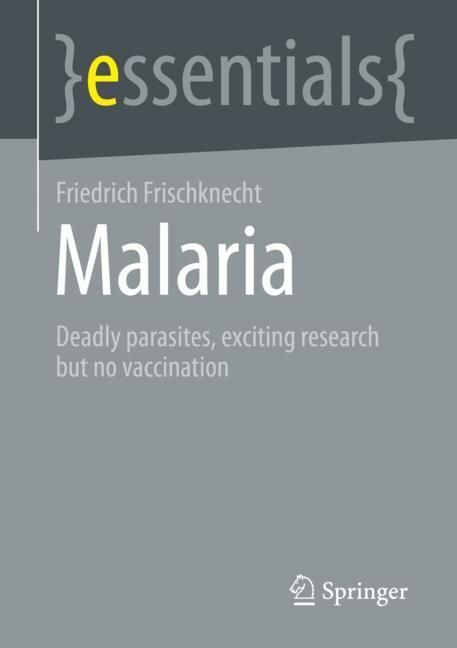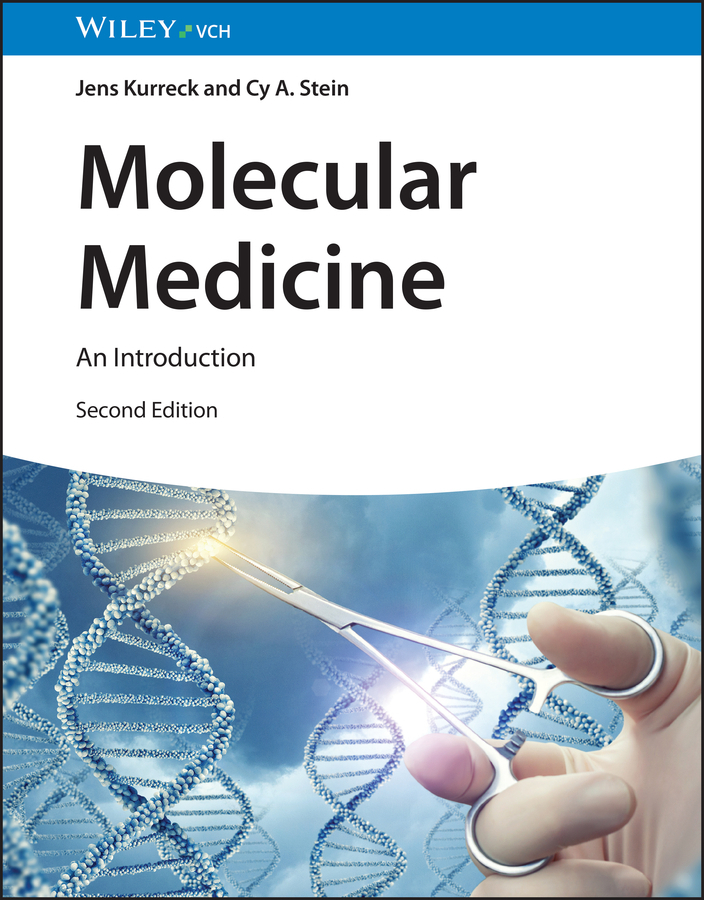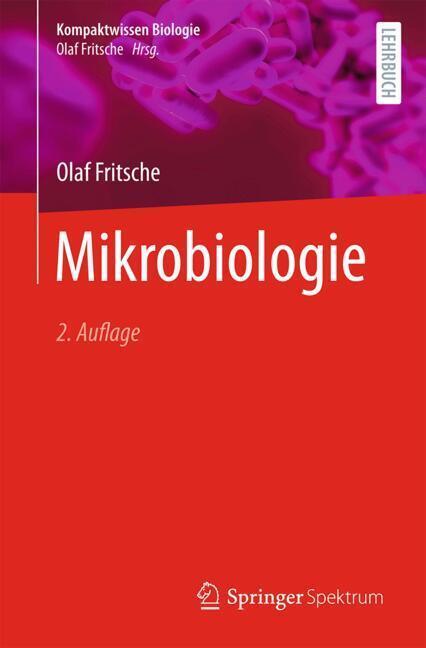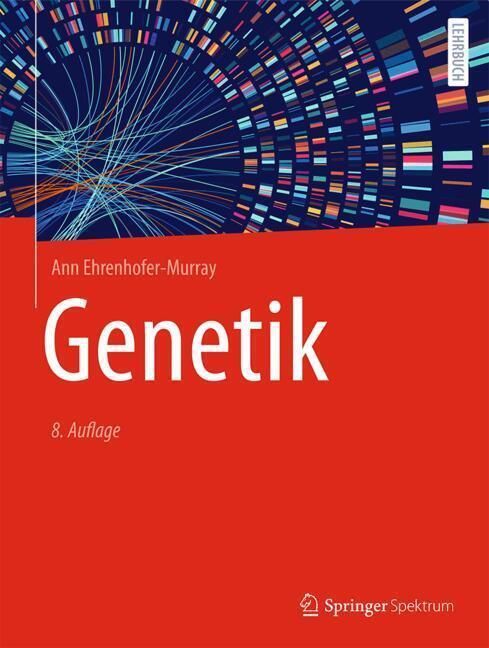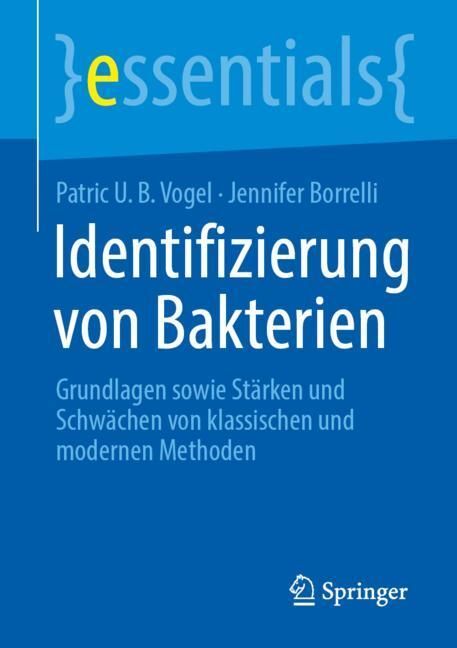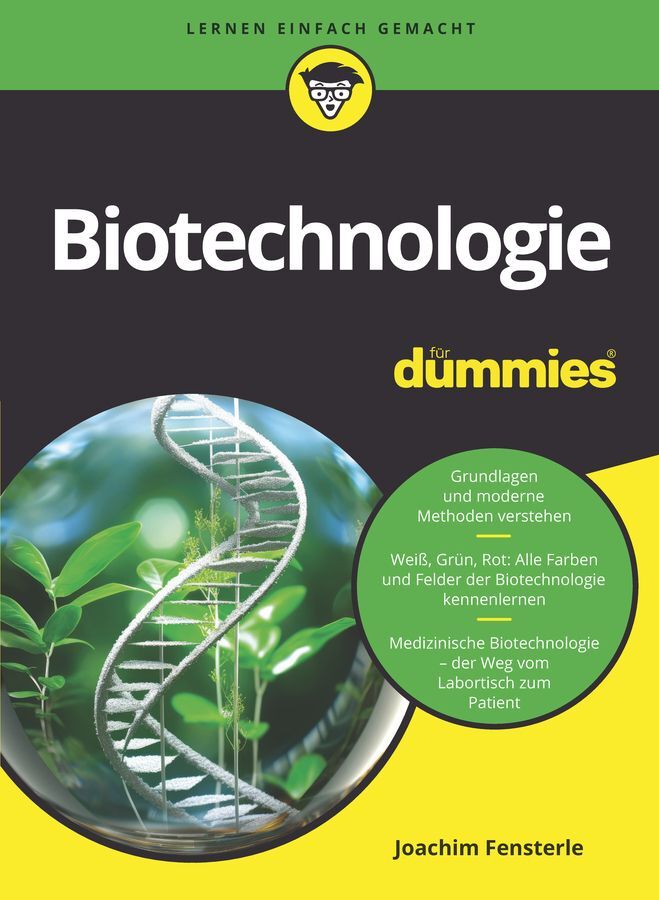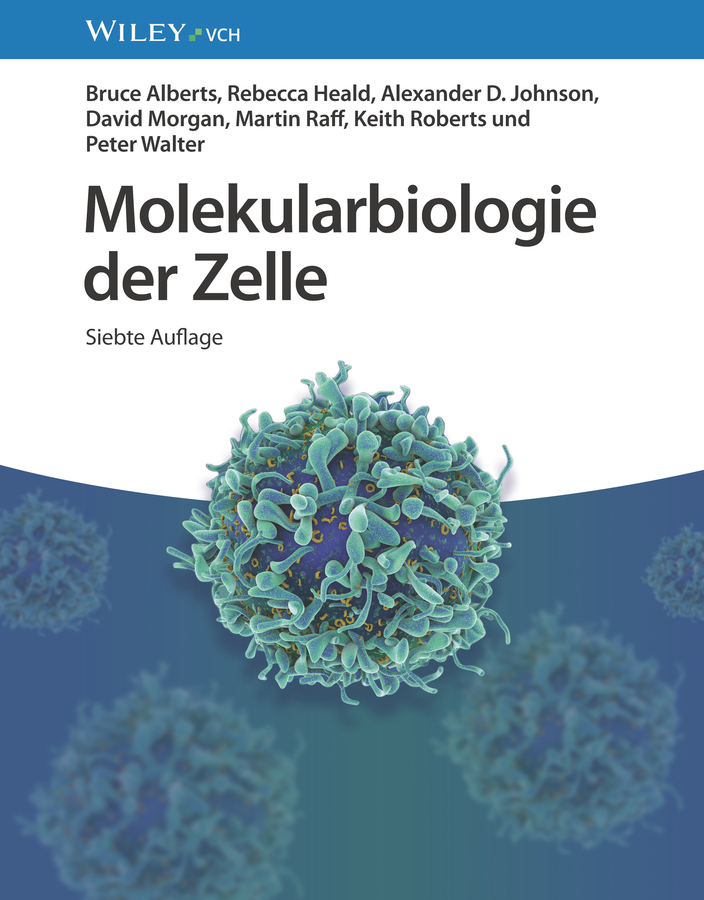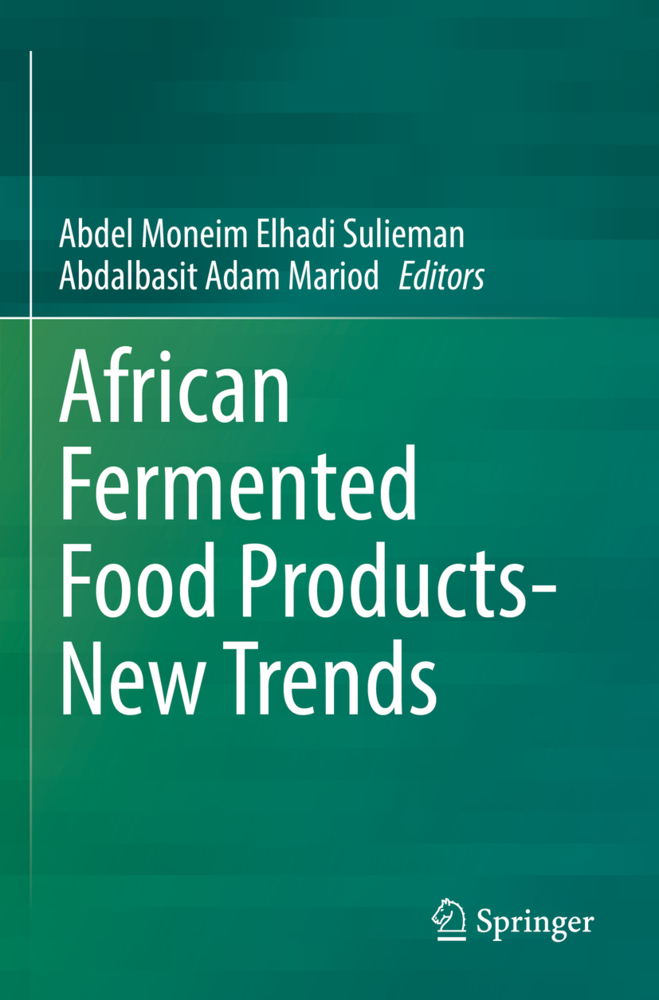Heat Shock Proteins of Malaria
Heat Shock Proteins of Malaria
Readers will experience a functional analysis of the individual families of heat shock proteins and their cooperation in functional networks, including both the parasite-resident proteome and the exportome released into host cells during intracellular stages. Subcellular and extracellular organelles such as the apicoplast and the Maurer's Clefts associated with Plasmodium species are discussed in detail. The book highlights the role of heat shock proteins in the development and function of these structures.
Biochemical expertise and the inclusion of novel therapeutic solutions make this collection a unique reference for experts in heat shock protein research, parasitology and infectious diseases, cell stress, molecular biology and drug discovery. Not least, advances in malaria control will contribute to ending epidemics and ensuring healthy lives in line with the UN Sustainable Development Goals.
Chapter 1. Introductory Chapter: The Importance of Heat Shock Proteins in Survival and Pathogenesis of the Malaria Parasite Plasmodium falciparum
Chapter 2. General Structural and Functional Features of Molecular Chaperones
Chapter 3. The Role of Hsp70s in the Development and Pathogenicity of Plasmodium falciparum
Chapter 4. Role of the J Domain Protein Family in the Survival and Pathogenesis of Plasmodium falciparum. Chapter 5. Role of Hsp90 in Plasmodium falciparum Malaria
Chapter 6. The Role of Malaria Parasite Heat Shock Proteins in Protein Trafficking and Remodelling of Red Blood Cells
Chapter 7. Role of Heat Shock Proteins in Immune Modulation in Malaria
Chapter 8. Bioprospecting for Novel Heat Shock Protein Modulators: The New Frontier for Antimalarial Drug Discovery?
Chapter 9. Heat Shock Proteins as Targets for Novel Antimalarial Drug Discovery
Chapter 10
Heat Shock Proteins of Malaria: Highlights and Future Prospects.
Shonhai, Addmore
Picard, Didier
Blatch, Gregory L.
| ISBN | 978-3-030-78399-0 |
|---|---|
| Artikelnummer | 9783030783990 |
| Medientyp | Buch |
| Auflage | 2. Aufl. |
| Copyrightjahr | 2022 |
| Verlag | Springer, Berlin |
| Umfang | XIII, 251 Seiten |
| Abbildungen | XIII, 251 p. 26 illus. in color. |
| Sprache | Englisch |

